A Proven Process for Inclusive Excellence

CDE® Study Domains and Competencies
A competency-based learning model for executives and DEI leaders
Performance Outcomes Drive IDC's DEIA Curriculum and Assessment Processes
The Institute for Diversity Certification (IDC)®'s next-generation educational platform transforms traditional DEIA education by providing information that is necessary for the test and useful on the job. Save time and resources with our competency-based approach to leadership.

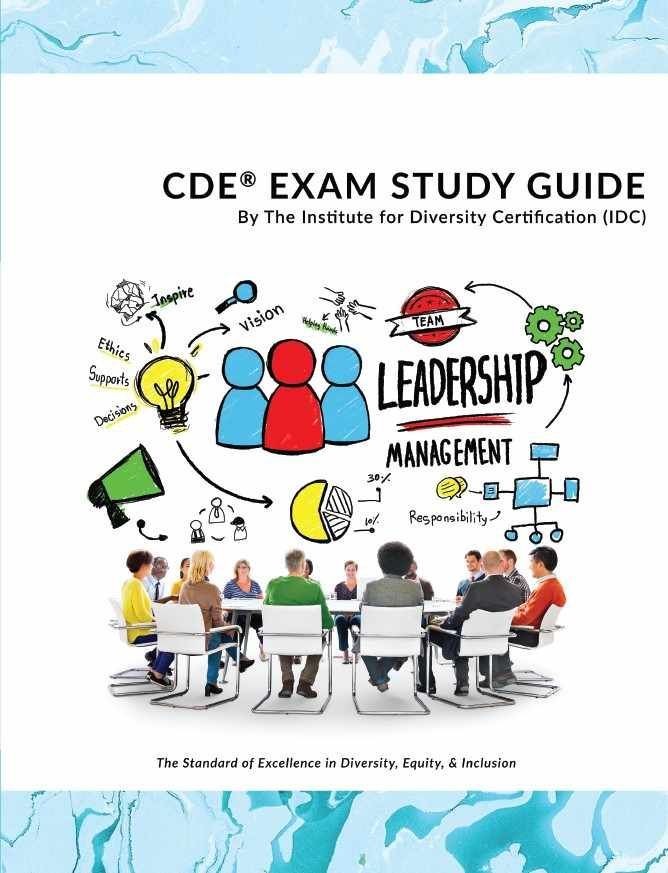
CDE® Exam Domains
- A. Engage In Professional Self-Development and Continuous Learning
- B. Advance Leadership for Organizational DEIA
- C. Manage DEIA Strategic Planning and Budget
- D. Champion Organizational DEIA Policies, Compliance, and Governance
- E. Champion Organizational Values and Inclusive Culture
- F. Advance Organizational Staff Education, Development, and Training
- G. Leverage DEIA Stakeholders and Partnerships
- H. Lead Organizational DEIA Initiatives and Integration Efforts
- I. Collaborate On DEIA Organizational Communications and Engagement
Dive deeper into each domain in the Certified Diversity Executive (CDE)® – Content Outline.
Note:
These knowledge areas and the overall passing score may change based upon a new job task analysis, which occurs every 3-5 years.
CDE® Study Guide Competencies
-
Personal Awareness and Continuous Learning
Personal awareness, authentic leadership, and the ability to manage critical vulnerabilities are essential traits for influential 21st-century leaders. The CDE® is self-aware and committed to lifelong learning, which enables them to lead with empathy.
-
Improving Your Approach to the Bottom Line
As organizations look to the future, improving one’s approach to the bottom line encompasses multiple components of sustainability. Also, leaders can effectively secure stakeholder buy-in and resources by understanding DEIA's business case.
-
The Elements of Leading a Large-Scale DEIA Effort
Leadership in the DEIA space is complex, especially in large organizations. Mastering this competency allows executives to develop formal frameworks that advance DEIA work while navigating competing dynamics and priorities.
-
Managing the DEIA Talent Life Cycle
Understanding the unique needs of a diverse workforce helps executives correct practices that prevent inclusive recruitment and retention strategies. The CDE® helps create a pipeline of future leaders and ensures equitable opportunities for all.
-
Global Best Practices for an Inclusive Culture
An inclusive environment is intentionally designed, nurtured, and supported. DEIA leaders learn to operate a best-in-class effort that fosters equity, defines inclusive excellence, and achieves a discrimination- and harassment-free work environment.
-
Bias in People, Policies and Practices
Diversity leaders are challenged to confront age old assumptions about unconscious bias. This competency identifies implicit associations that lead to discrimination, inequality, and exclusion and presents effective techniques to overcome stereotypes and biases.
-
Boardroom Diversity
Constructing a quality board is about the caliber and perspective of individual directors and a group dynamic that allows for effective execution of strategic organizational oversight. Designed to ensure a pipeline of diverse board candidates, this competency helps improve policies and decision-making at the board level.
-
Supplier Diversity
Small business owners have the potential to be the lifeblood of the economy. An inclusive supply chain strategy that supports minority- and women-owned businesses may solve mission-critical problems and contribute to local economic development.
-
Integrating Cultures Amidst Merger and Acquisition Activity
Global business activity continues to bridge international cultures. DEIA leaders understand the challenges of cultural integration and how to overcome them, positioning them to counsel leadership about potential problems and opportunities.
-
Innovation Through DEIA
DEIA leaders play a critical role in driving innovation at their organizations. Fostering a culture of inclusion and diversity of thought can lead to the development of new and innovative products, services, and processes.
-
Race, Power, and Privilege
Diversity should benefit all people, not just marginalized groups. This competency presents alternatives to an outdated social and power construct in the workplace and encourages all parties to engage in a culture that is becoming increasingly diverse.
-
Executive Commitment, Engagement, and Sponsorship
Creating a culture that values and advances DEIA starts at the top. The CDE® learns to identify and cultivate executive sponsors, or senior leadership, who help advocate for inclusive initiatives and remove barriers to change.
-
Strategic Purpose and Partnerships
Diversity leaders align their work with the organization's strategy by identifying the key areas where DEIA can have the biggest impact on success. They also partner with other internal departments and teams, as well as external enterprises that can help extend the organization's reach and impact.
-
Connecting Demographic Shifts to Organizational Strategy
Demographic shifts have a major impact on the workforce and marketplace. Diversity leaders analyze demographic data to develop effective DEIA strategies for service delivery, talent management, marketing, communications, competitive positioning, and more.
-
The Next Generation of Diversity, Equity, Inclusion, and Accessibility Work
DEIA leaders need to be prepared to adapt their strategies to meet the needs of the changing workforce and marketplace. This competency helps leaders evaluate how DEIA efforts have evolved and prepares the organization to adopt forward-thinking practices and strategies.
-
Advanced Data Insight and Analysis
Collecting data or sharing research reports is not enough. DEIA executives must provide insight into how the data will impact the organization now and in the future. Beyond assumptions or opinions, data allows the organization to benchmark its people, policies, and practices against competitors and other best-in-class enterprises.
Competency Blueprint
Since the 2023 curriculum alignment with IDC's job task analysis, we created the Certified Diversity Executive (CDE)® Examination Blueprints and Specifications. The blueprint emphasizes the process of execution and achieving intentional DEI results on the job.

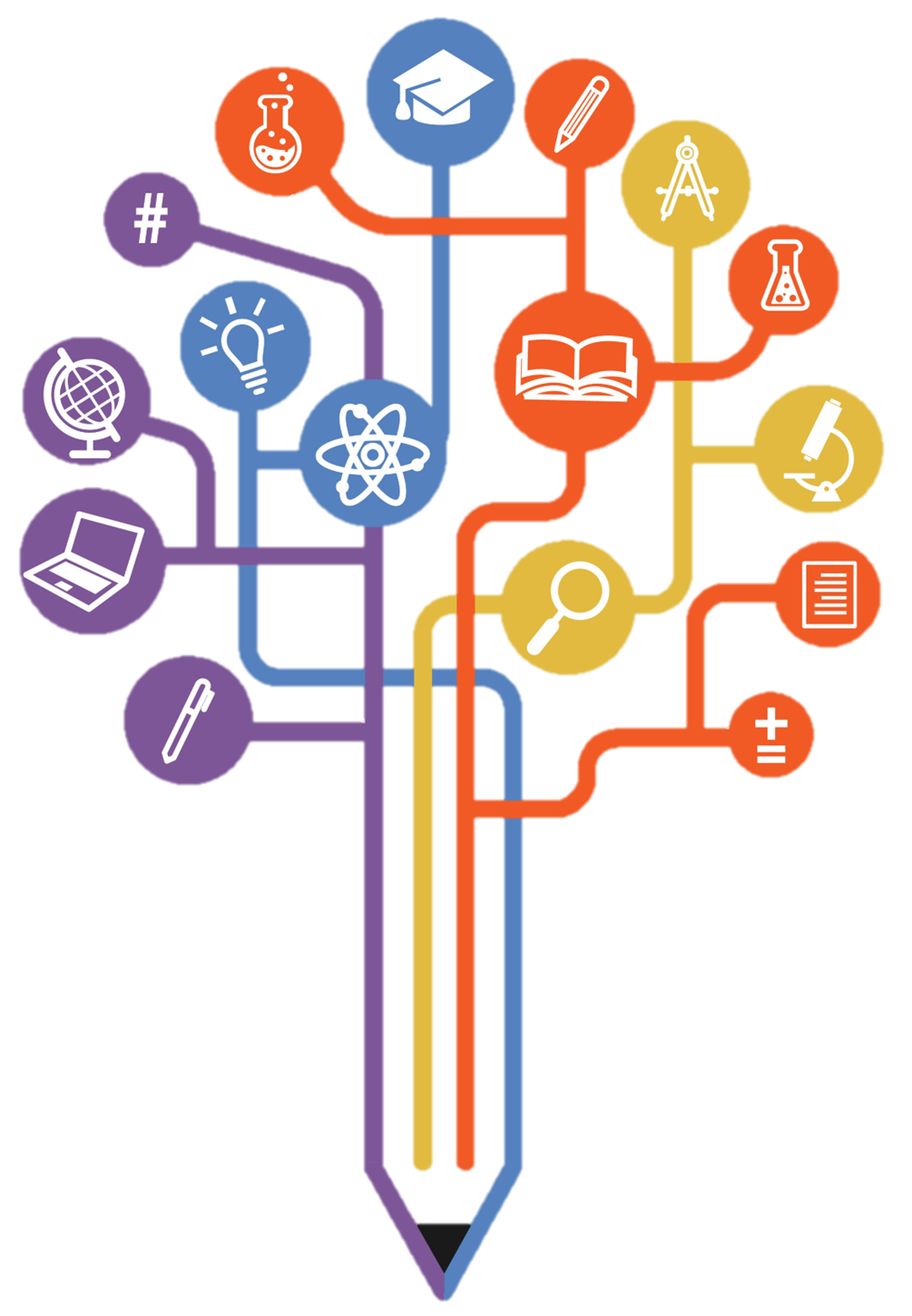
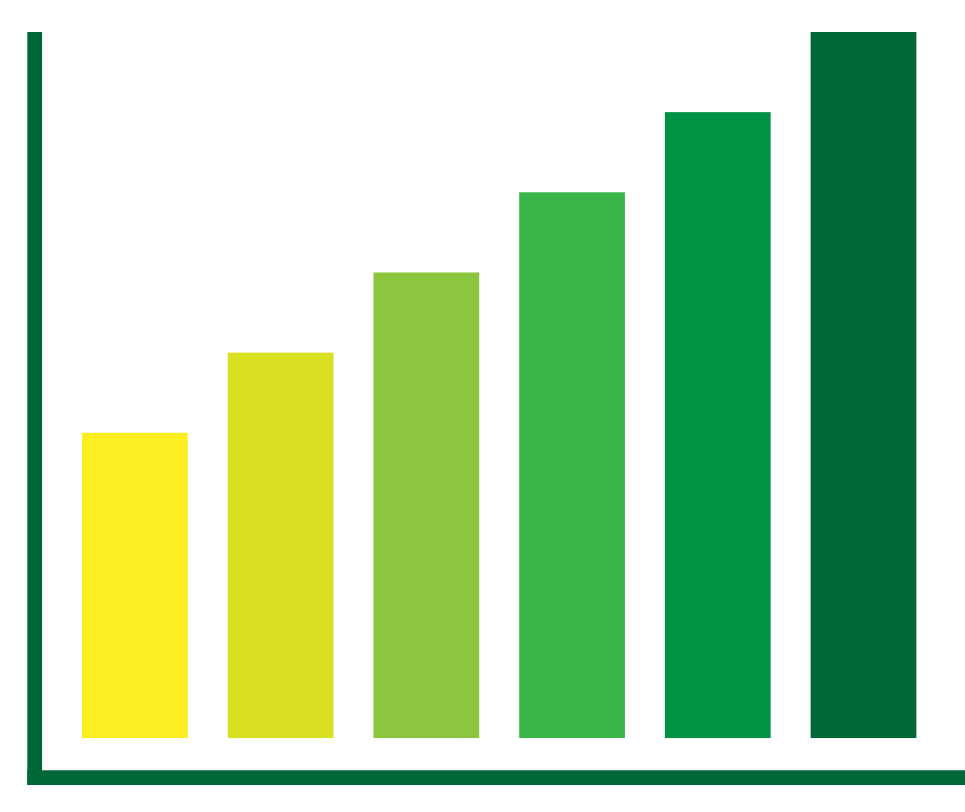
Domain and Competency
Skills Mastery
Performance Indicator
Over the years, senior executives and DEIA leaders noted that execution can be challenging, especially demonstrating a scalable, methodical. In IDC's blueprint, the link between execution and performance is skills mastery.
There are four mastery levels:
- Knowledge
- Analysis
- Application
- Evaluation
Varying levels of mastery within each competency is expected.
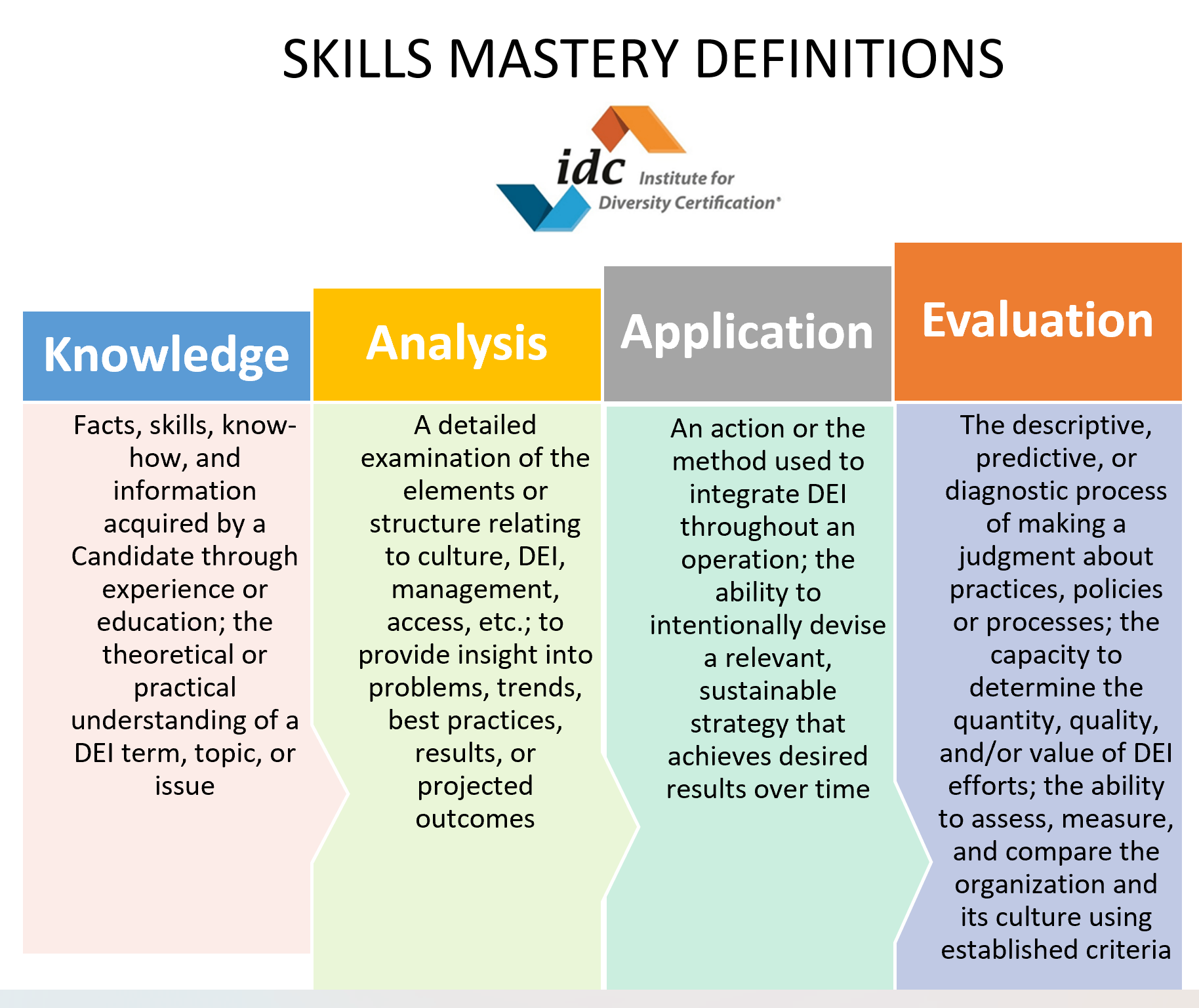
The Certified Diversity Executive (CDE)® credential provides a global community of support and fresh ideas that make an impact. Register now for the #1 executive DEIA Certification program in the world.
Call IDC today!
+1 (800) 983-6192
Conferring DEIA Credentials Since 2009
Contact Us
Institute for Diversity Certification (IDC)®
7230 Arbuckle Commons - Suite 134
Brownsburg, IN 46112
1-800-983-6192
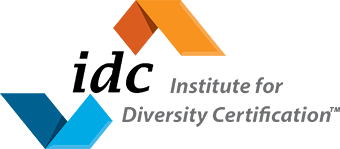
Share On: